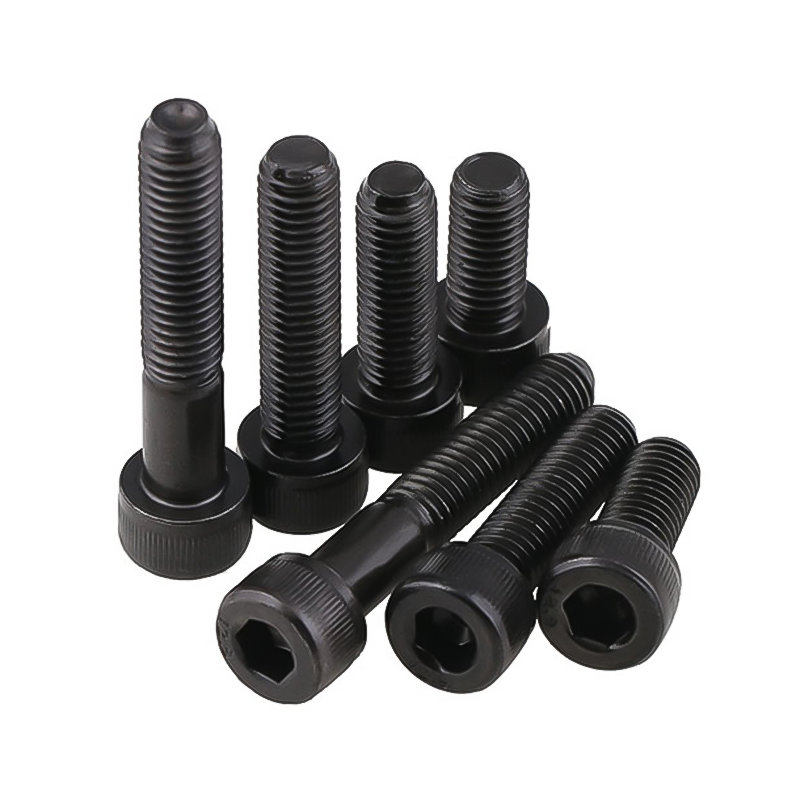Carbon steel screws are widely used in construction, woodworking, machinery, and general fastening applications because of their strength, affordability, and availability in different grades. However, when it comes to rust resistance, carbon steel has certain limitations compared to stainless steel or other corrosion-resistant materials. Understanding how resistant carbon steel screws are to rust can help determine whether they are suitable for your project.
Content
The Nature of Carbon Steel
Carbon steel is primarily an alloy of iron and carbon, and unlike stainless steel, it does not contain significant amounts of chromium or other elements that naturally prevent rusting. This means that when carbon steel is exposed to moisture, oxygen, or harsh environmental conditions, it is more prone to oxidation, which leads to rust.
Factors That Influence Rust Resistance
-
Surface Coating and Plating
- Carbon steel screws are often coated with zinc, black oxide, phosphate, or galvanization to improve resistance against corrosion.
- Zinc-plated carbon steel screws provide a temporary barrier against rust, but once the coating wears off, the underlying steel becomes vulnerable.
- Hot-dip galvanized screws offer stronger rust protection, especially for outdoor applications.
-
Environmental Conditions
- In dry indoor environments, carbon steel screws can last for years without significant rusting.
- In humid, coastal, or outdoor conditions, uncoated carbon steel screws may corrode quickly.
-
Maintenance and Application
- Using carbon steel screws in areas protected from moisture or with additional sealing (such as paint or protective finishes) reduces the risk of rust.
- Regular inspection and replacement of exposed screws in outdoor projects may be necessary.

Carbon Steel vs. Stainless Steel: Rust Resistance Comparison
| Feature | Carbon Steel Screws | Stainless Steel Screws |
|---|---|---|
| Base Material | Iron + carbon | Iron + chromium (≥10.5%), often nickel |
| Natural Rust Resistance | Low – prone to corrosion without coating | High – chromium forms a protective layer |
| Protective Coatings | Zinc plating, black oxide, phosphate, galvanization | Usually unnecessary, natural resistance |
| Performance in Dry Indoor Use | Good with coatings, long service life | Excellent, virtually no rust issues |
| Performance in Outdoor Use | Moderate if galvanized or plated; weak if uncoated | Excellent, withstands rain and humidity |
| Suitability for Marine/Coastal Areas | Poor, not recommended | Very good, preferred choice |
| Cost | Lower, more economical | Higher, but longer service life |
Conclusion
Carbon steel screws can serve well in controlled indoor conditions when properly coated, but their rust resistance is limited compared to stainless steel. For outdoor or high-moisture environments, stainless steel screws are a more reliable long-term investment despite the higher cost.

 English
English 中文简体
中文简体 Español
Español русский
русский عربى
عربى








